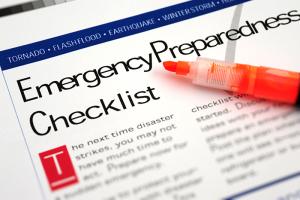Pro Codes Act seeks to safeguard public access to safety standards
Recently proposed legislation dubbed the Pro Codes Act is aiming to ensure government-adopted codes and standards are protected from copyright infringement and made free and accessible to the public.
Introduced in June with bipartisan support, the proposed Pro Codes Act comes in response to continued threats from for-profit companies that have disseminated unpermitted and erroneous copies of various codes and standards using subscription-based models, according to supporters of the act.
Codes and standards are created by non-profit standards development organizations (SDOs) such as the International Code Council (ICC), ASHRAE, the Facility Guidelines Institute (FGI) and the National Fire Protection Association (NFPA) using a rigorous and consensus-based process.
Proponents of the Pro Codes Act say that without this legislation, public safety would continue to be threatened by the proliferation of copies of codes and standards that contain errors and may be out of date. If passed, the legislation also will ensure that SDOs make any portion of a code or standard that is incorporated into law publicly accessible online at no cost.
SDOs pull from subject matter experts, research and data to create safety standards and best practices at no cost to taxpayers. Many of their codes and standards are then adopted into government law at the federal, state and local levels. Examples in health care include components of the FGI Guidelines; NFPA 101®, Life Safety Code®; ANSI/ASHRAE/ASHE Standard 170, Ventilation of Health Care Facilities; and several ICC codes.
“Many people mistakenly believe that government agencies write these standards,” says Chad Beebe, AIA, CHFM, CFPS, CBO, FASHE, deputy executive director of the American Society for Health Care Engineering (ASHE). “In reality, they depend on the expertise and collaboration of independent organizations like ASHRAE, NFPA and ICC to develop them. If we don’t protect the independent standards development process that the American Society for Health Care Engineering is deeply involved in, we risk undermining the very safeguards that protect us — not just in hospitals, but in the places we live, work and gather.”
Learn more about the ProCodes Act




